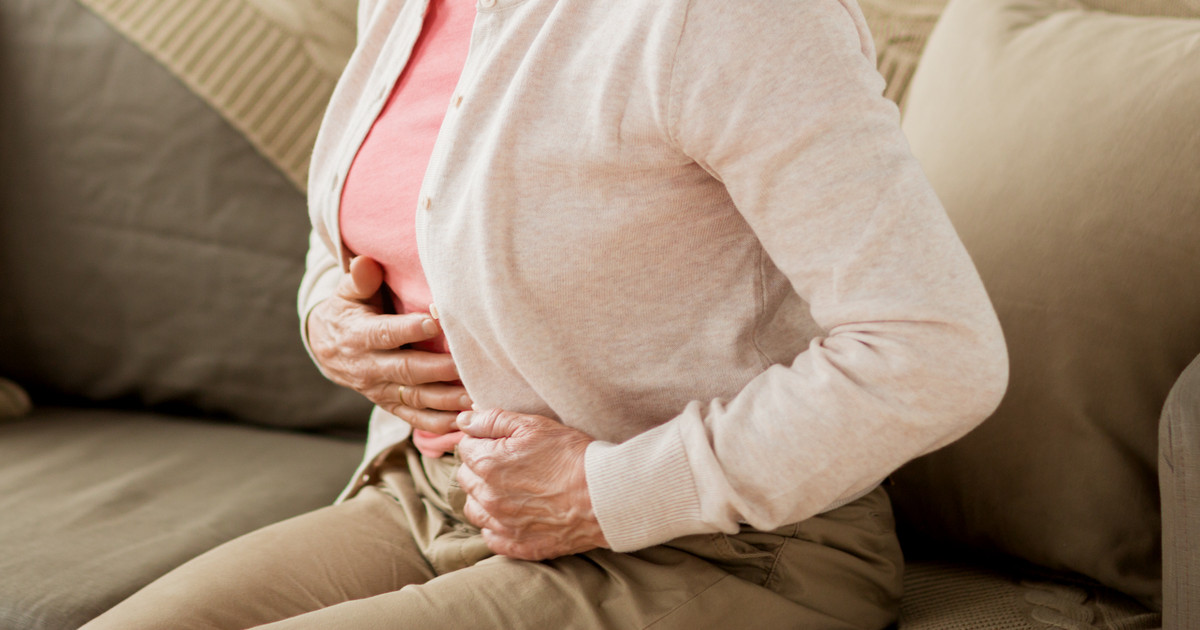Get To Know The Causes And Risk Factors For Sepsis
Digestive System Infection
Parasites, viruses, and bacteria are trigger digestive system infections. The most common are E. coli and Salmonella! Ladies, these infections put you at a very high risk of getting sepsis. Most of the time, you will get one of these infections from food or water. If either are contaminated, it's possible! You will see common symptoms like cramps, weight loss, diarrhea, nausea, and vomiting. Fever, dehydration, and losing your appetite are 3 more signs! Sometimes you will also deal with mucus or blood in your stool. Most of the time, you have these symptoms for 5 to 7 days. That said, they can last for 2 weeks too!
You need your doctor right away for symptoms like vomiting blood or bloody stool. A fast appointment is great for vomiting when it goes longer than 48 hours or if your fever reaches 104°F or higher. Thankfully, there are ways to treat these infections! Antibiotics are common, as are OTC pain medications and fever reducers. Ladies, you also need to try eating food with lots of fiber!

Weak Immune System
When you have a weak immune system, you get more infections. This includes sepsis! Ladies, many things can make your immune system weak. Autoimmune conditions are a major cause. Examples are lupus and rheumatoid arthritis! You will also get a weaker system with conditions like heart disease and diabetes. Your doctor will use blood tests to check on your immune system. This helps them see your WBC and immunoglobulin levels!
You have to treat your condition. This is how you make your immune system stronger and lower your risk of sepsis! While this is happening, be sure to wash your hands a lot, get some sleep, and avoid sick people!